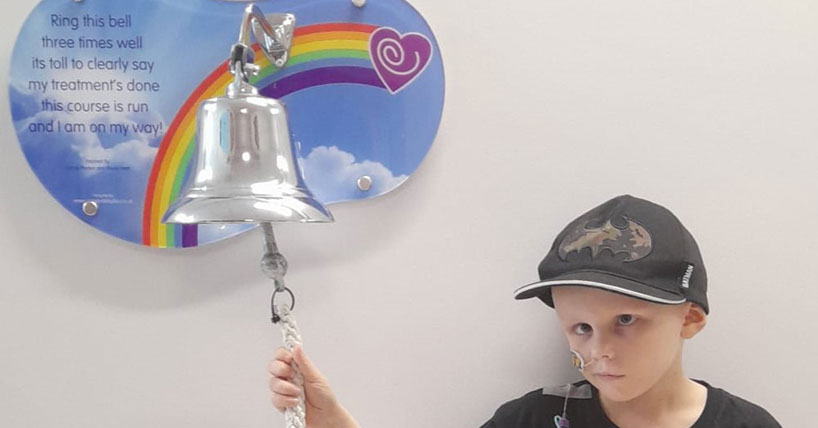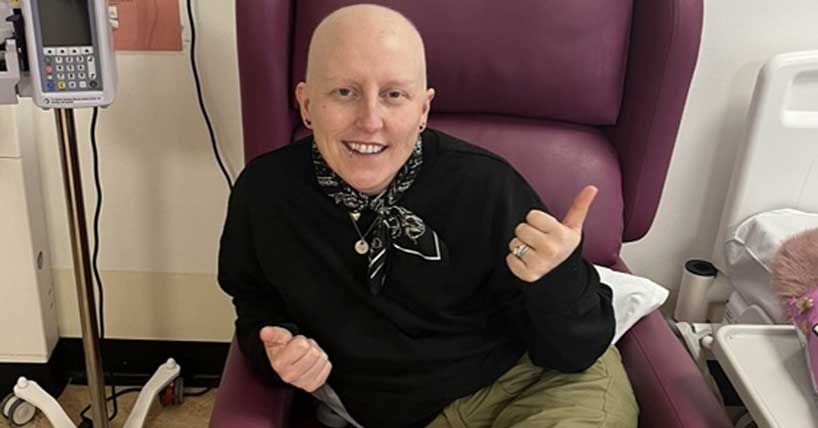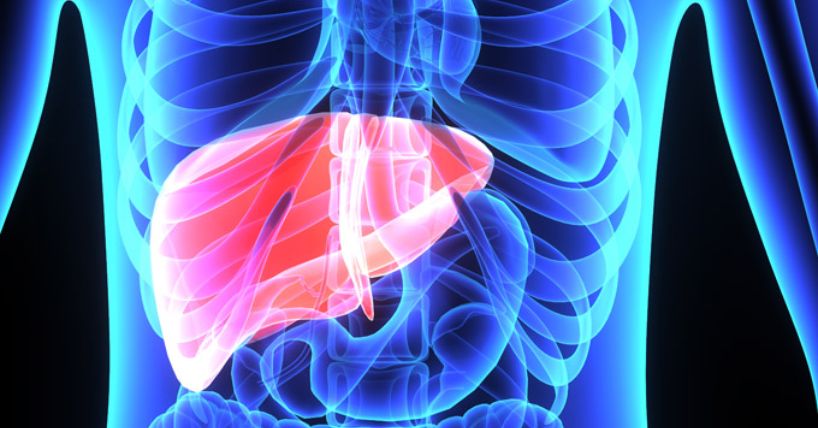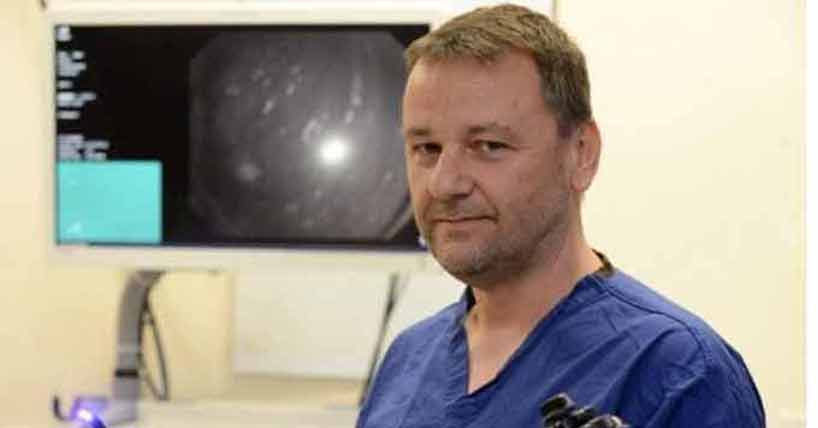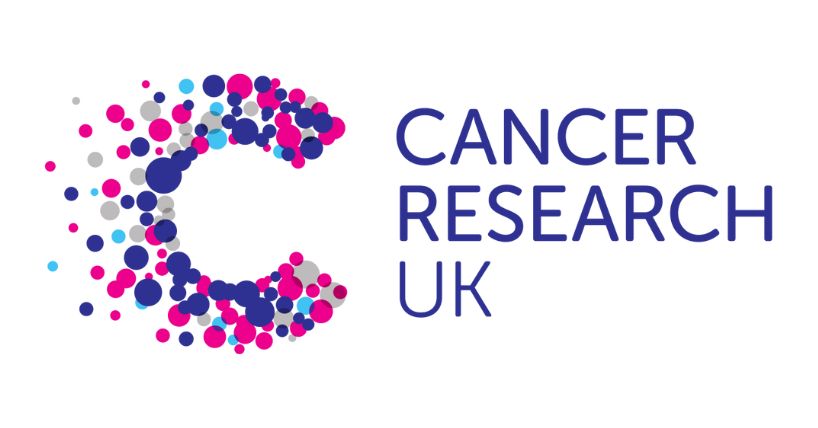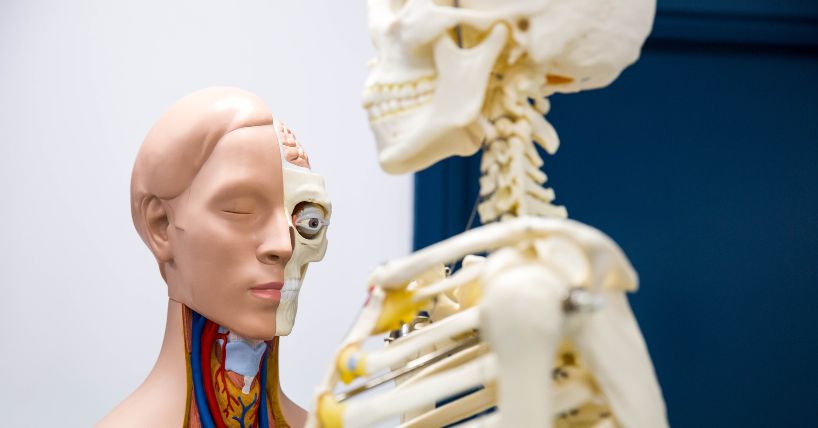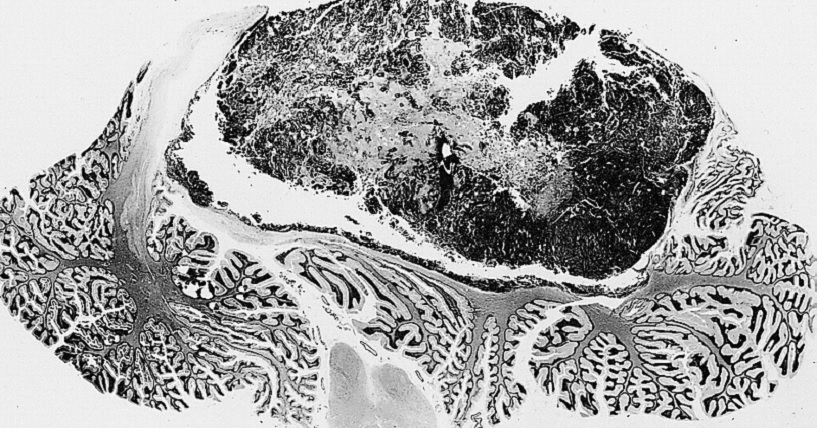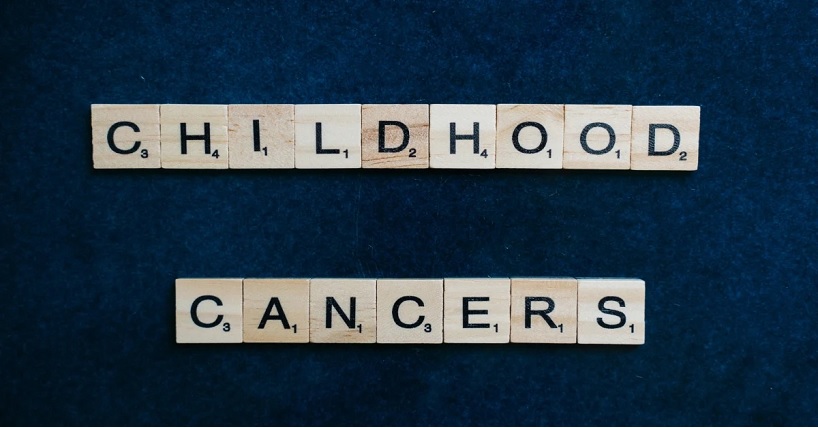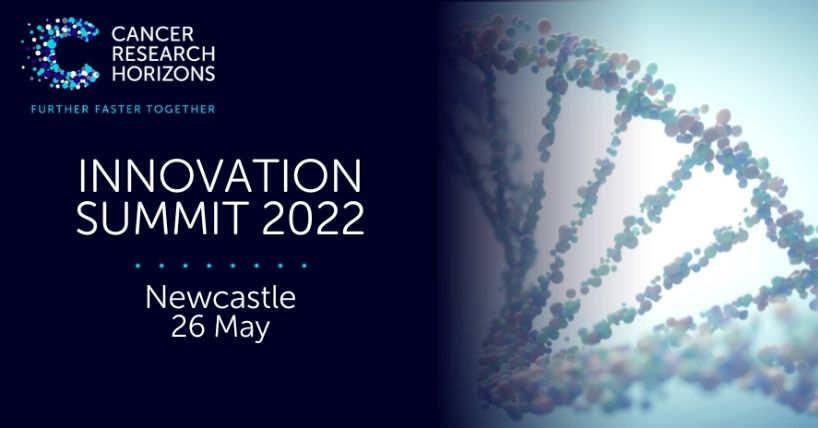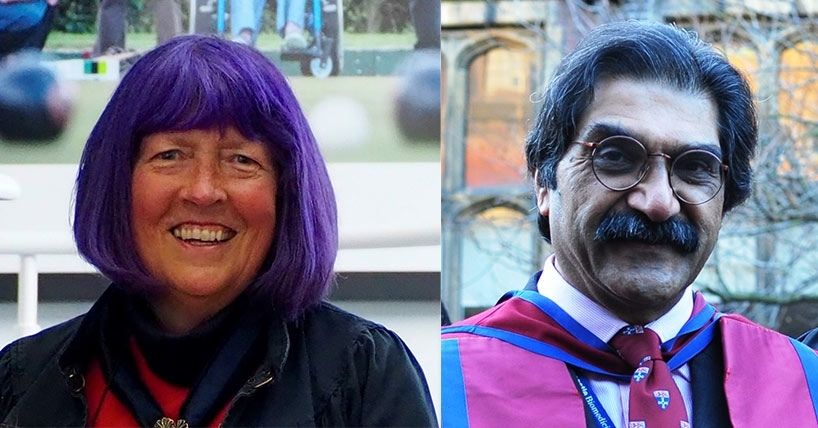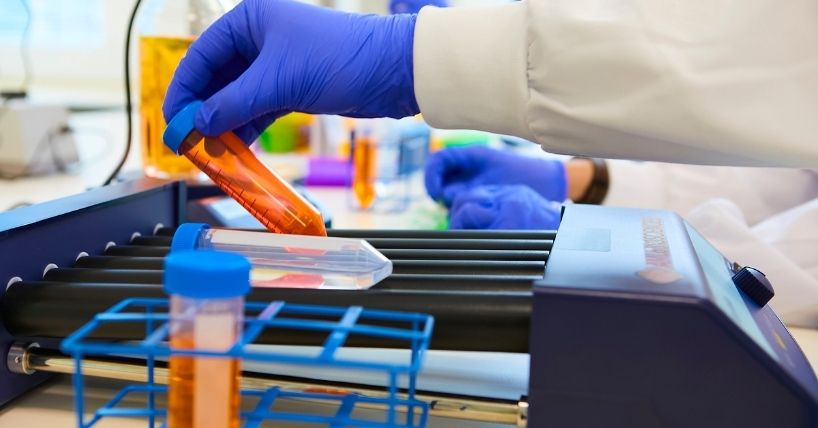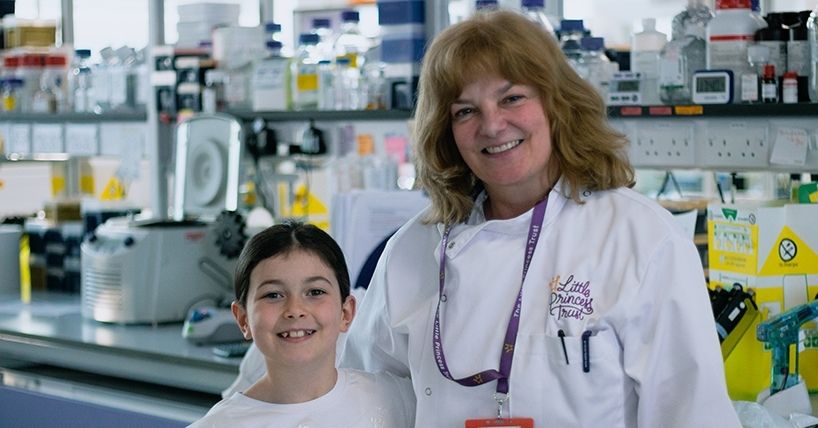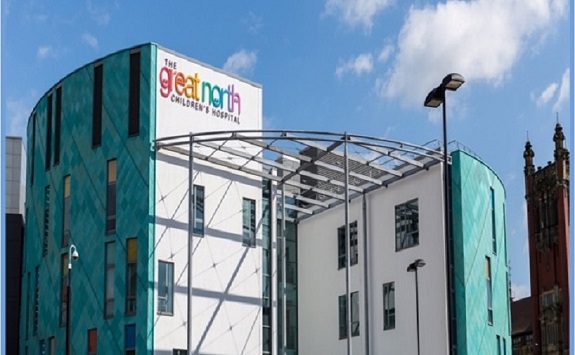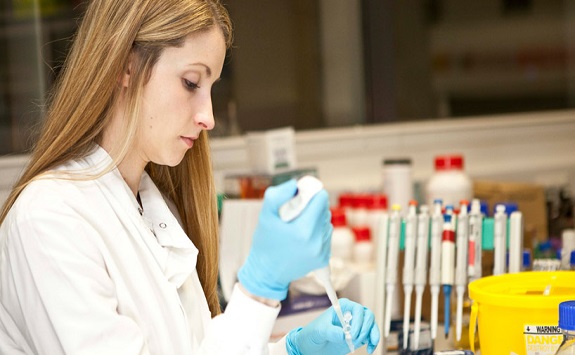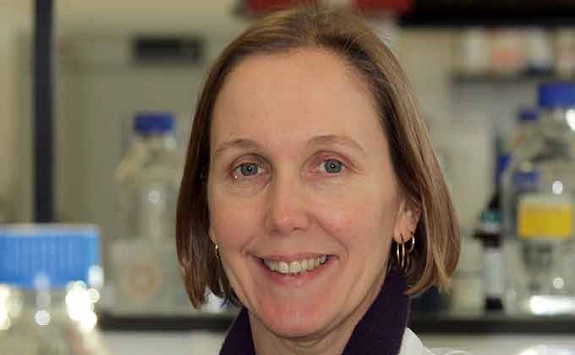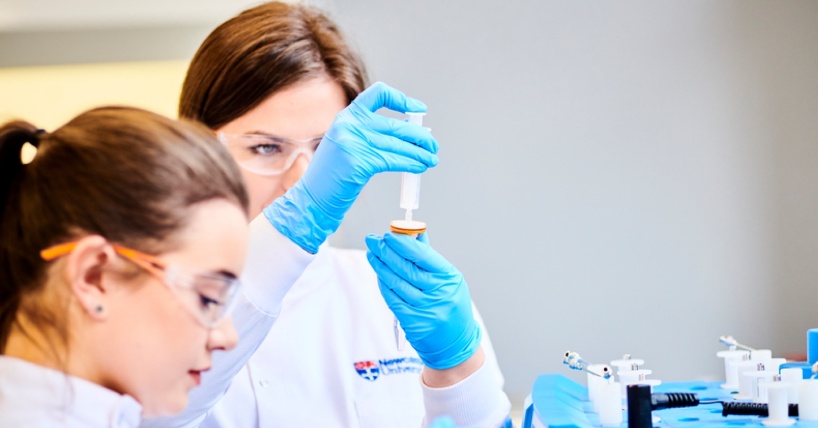News and Events
Our Latest News
Blood cancer patient finds funds for new research
A new academic research project into a form of incurable blood cancer is set to begin thanks to the fundraising efforts of a man diagnosed with the disease.
Children’s brain tumours could be diagnosed with 10 minute scan
Children with the most common brain cancer could see diagnostic wait times reduced, thanks to new research that trialled a new, quicker and less invasive way of determining tumour type.
Newcastle recognised for excellence nationally by Brain Cancer Mission
The paediatric neuro-oncology collaboration between Newcastle University and Hospitals' has been recognised as a Centre of Excellence by the Tessa Jowell Brain Cancer Mission.
Researchers aim to help improve women’s wellbeing after breast cancer
Experts at Newcastle University are developing a better way to help women make healthy lifestyle choices after breast cancer treatment.
Adhering to global health recommendations reduces cancer risk
People who adhere to global Cancer Prevention Recommendations are putting themselves at lower risk of developing the disease, new research confirms.
Researchers offering hope for liver cancer patients
Pioneering immunotherapy treatment being developed at Newcastle University could help liver cancer patients to live longer and better lives.
AI study aimed at preventing bowel cancer closes
A research trial putting Artificial Intelligence to the test has recruited its final patient as the team leading the study now look at how it could help save lives from bowel cancer.
Major funding for Newcastle researchers to target cancer
Scientists have received nearly £6 million from Cancer Research UK to fund their fight against the disease in adults and children.
Revolutionary new bone cancer drug could save lives
Researchers have developed a new drug that works against all the main types of primary bone cancer.
Low-dose breast cancer screening feasibility studied
The feasibility of a low-dose molecular breast imaging technology is beginning testing by Newcastle University, Newcastle Hospitals and Kromek UK.
New research reveals key reasons behind low cancer survival rates in rural Yorkshire
Poor relationships with their GPs and concerns about losing time from work are preventing people in rural areas from seeking help for cancer symptoms, according to new research published in the journal Cancers.
Hope for young cancer patients thanks to clinical trial at Newcastle Hospitals
Two young people with a brain tumour are taking part in a clinical trial at Newcastle Hospitals and so far, the results show real promise.
Changes to chromosomes impact how children’s brain tumours respond to treatment
“Brain tumours are amongst the most difficult-to-treat cancers,” explains Professor Steve Clifford, Chair of Molecular Paediatric Oncology at the University of Newcastle. “It’s especially heartbreaking when they affect children.”
How “chameleon cancers” can change their colours to survive treatment
An international team of scientists has uncovered one of the mechanisms explaining how some leukaemias evade treatment by changing their appearance and identity.
Research into relapse risk in childhood brain cancer could save lives
Scientists led by Newcastle University can identify if a child receiving treatment for brain cancer is at risk of relapsing – and their research could save lives.
Cancer Research UK Innovation Summit 2022
We're delighted to be hosting this year's Cancer Research Horizons Innovation Summit on 26 May. The event will showcase the motives for, and benefits of, translating research through entrepreneurial commercialisation and the support infrastructure available.
Academy of Medical Sciences elects leading Newcastle scientists to its Fellowship
The Academy of Medical Sciences has elected two prominent Newcastle University academics to its Fellowship.
Spin out AMLo Biosciences raises £2.45M for skin cancer test development
The company's “rule-out” prognostic test for early stage skin cancer, can accurately identify genuinely low risk, early-stage melanomas.
Exercise shown to release protein reducing bowel cancer risk
Experts have identified for the first time exactly how exercise can lower your risk of getting bowel cancer and slow the growth of tumours.
Nine-year-old inspired to help children with cancer by her great-aunt
Charlotte Davison has been inspired to help The Little Princess Trust (LPT) by the work of her great aunt who researches kinder treatments for childhood leukaemia.
New hope for treatment of infant cancer
New research has begun to unravel the mystery of why a particular form of leukaemia in infants has defied efforts to improve outcomes, despite significant improvements in treating older children.
Scientists targeting high-grade childhood brain tumour.
New research led by experts at Newcastle University is targeting high-grade childhood brain tumours.
Fund future fertility for childhood cancer patients fairly, say experts.
Young people who survive cancer are at risk of missing out on the chance to have children in the future, due to inequalities in fertility preservation services across the UK, new research has found.
Researcher receives award to target sugars and stop cancer spread.
A Newcastle University researcher has been given a significant award to target sugars and stop the spread of prostate cancer.
Major breakthrough in Neuroblastoma research.
Targeted therapy could be first line treatment for childhood cancer.
From Newcastle Podcast with Professor Ruth Plummer
In this episode we talk to Professor Ruth Plummer, Clinical Professor of Experimental Cancer Medicine at Newcastle University about the ‘Geordie’ cancer drug Rubraca®, a ground-breaking ovarian cancer drug, developed here in Newcastle.
Christine Harrison awarded CRUK grant.
Christine Harrison and her team have been awarded a grant of up to £1m over three years through the Cancer Research UK–Children with Cancer UK Innovation Awards.
Nicola Curtin awarded prestigious international prize.
Nicola Curtin has been awarded a prestigious international prize by the American Society for Pharmacology and Experimental Therapeutics (ASPET).
Exploring pharmacists’ role in spotting early signs of oral cancer
Region-wide study unveiled during Mouth Cancer Action Month.
‘First of its kind’ clinical trial to help lung cancer patients
A group of scientists have been awarded £900,000 from Cancer Research UK to launch a groundbreaking clinical trial for people with lung cancer.
Breakthrough in childhood brain cancer will save lives
A scientific breakthrough has enabled experts to predict relapse in a common childhood cancer and means doctors can tailor treatment for each individual child and improve prognosis.


